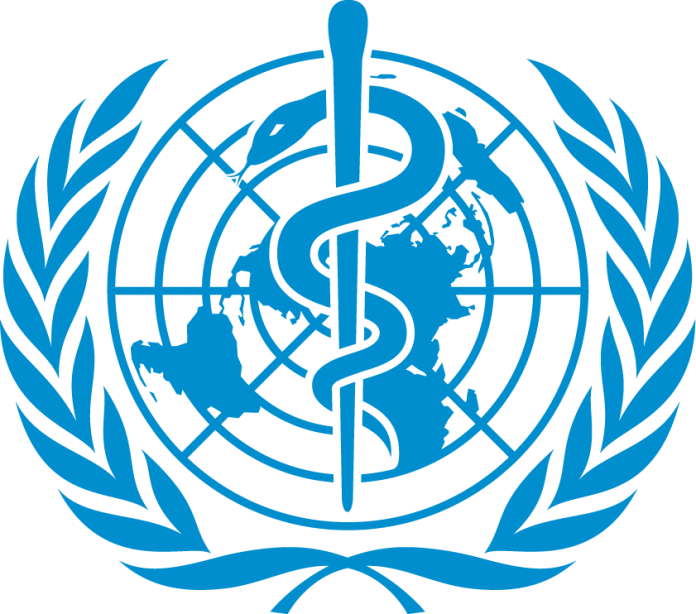Rotary International has pledged a significant commitment of US$ 14,037,787 to support Nigeria in its relentless efforts to eradicate polioviruses, particularly the Circulating Variant Poliovirus (cVPV2).
The World Health Organization (WHO) welcomes this substantial funding that will span one year, focusing on providing technical assistance to enhance polio surveillance and combat the persistent challenge of cVPV2 in the country.
Despite Nigeria achieving the esteemed certification of being wild polio-free in August 2020, the emergence of cVPV2 poses an ongoing threat. The Coordinating Minister of Health and Social Welfare, Professor Muhammad Ali Pate, emphasizes the broader impact of supporting surveillance, stating, “You strengthen the ability of this country to anticipate, investigate, and respond to other infectious diseases that could threaten our national and global security.”
Rotary International has been a steadfast partner in Nigeria’s pursuit of eradicating polio, ensuring comprehensive immunization for all eligible children. The recent grant allocations, approved by Rotary Foundation Trustees, demonstrate the organization’s commitment to the cause. Three grants, totaling US$ 14,037,787, will specifically aid polio eradication activities and surveillance in Nigeria.
The WHO Country Representative in Nigeria, Dr. Walter Kazadi Mulombo, acknowledges Rotary International as a core partner and founding leader for the Global Polio Eradication Programme (GPEI) globally. Rotary’s long-standing commitment, including more than US$ 500 million in grants for Nigeria over the past decade, reflects its dedication to the highest programmatic priority of eradicating polio.
Dr. Mulombo outlines that despite sustained efforts, poliovirus surveillance data reveals the continued circulation of the virus in some states of the North-West zone. The funds from Rotary International will be strategically deployed by WHO, in collaboration with the National Primary Health Care Development Agency (NPHCDA) and State Governments, to intensify efforts in high-risk areas.
The initiative by Rotary International in 1985 led to the creation of the GPEI, and the organization’s ongoing contributions, exceeding US$ 1.5 billion globally, highlight its unwavering commitment to the cause. WHO, as an implementing partner, will utilize these resources to eradicate polio, reinforce surveillance activities, and strengthen health systems to effectively respond to emerging health threats.
This collaborative effort reaffirms the determination to maintain Nigeria’s “Zero Wild Polio” status and eliminate the persistent threat of cVPV2 by the end of the year, as recommended by the 40th Executive Review Committee.

